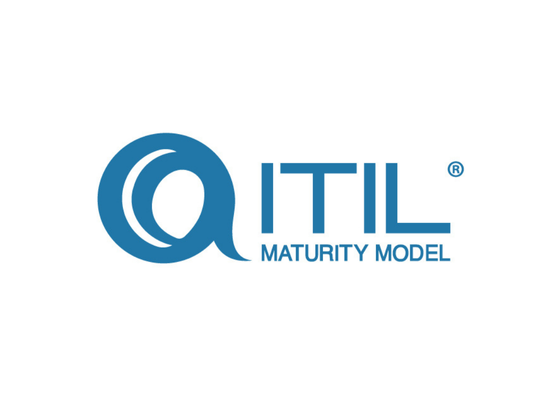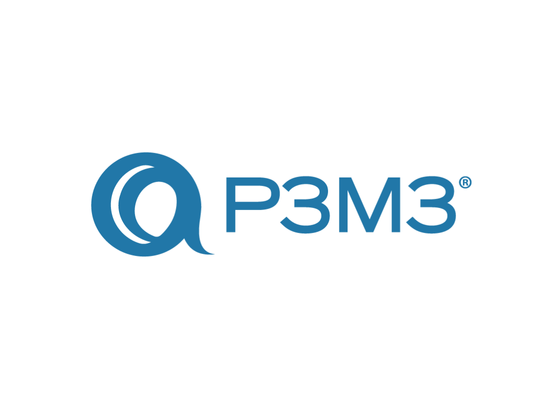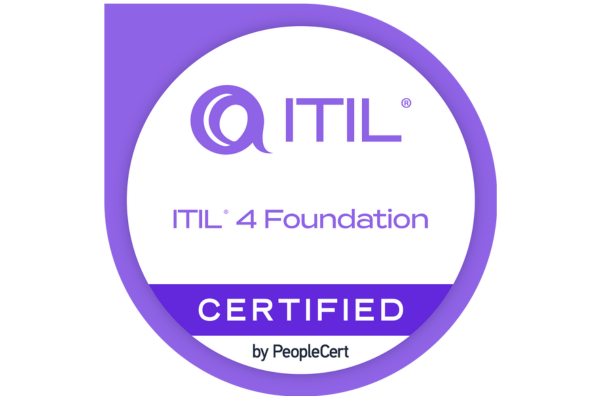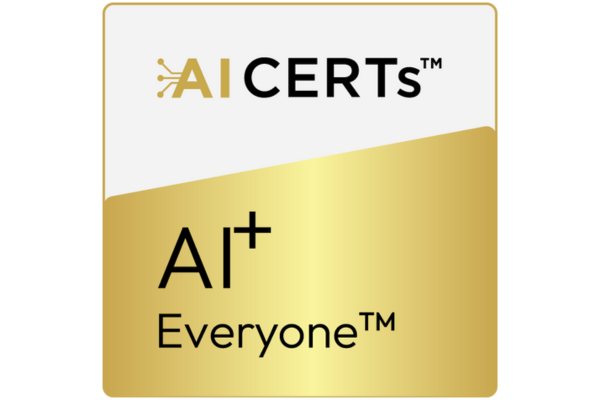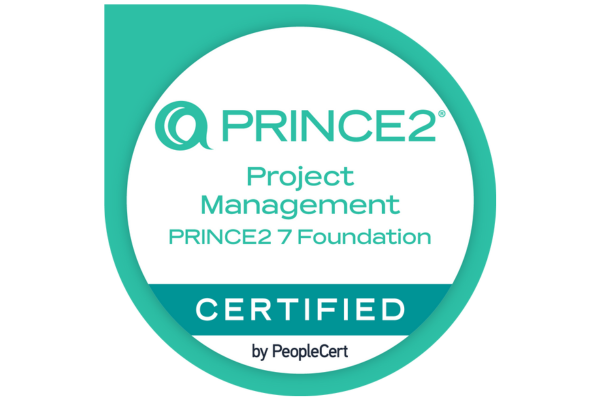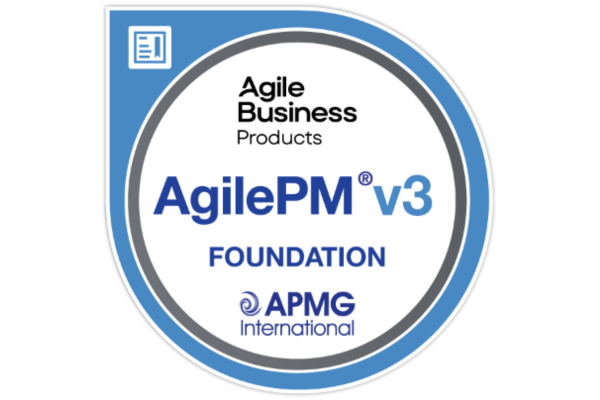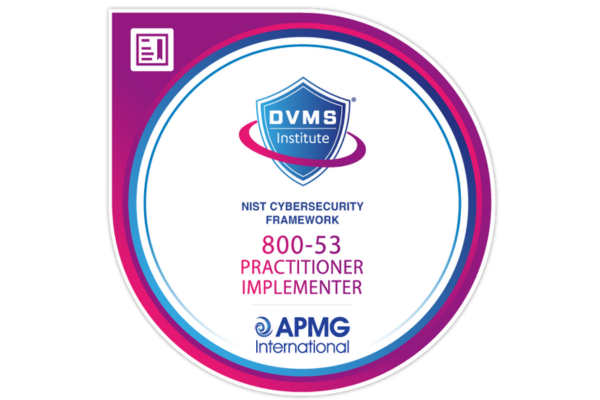
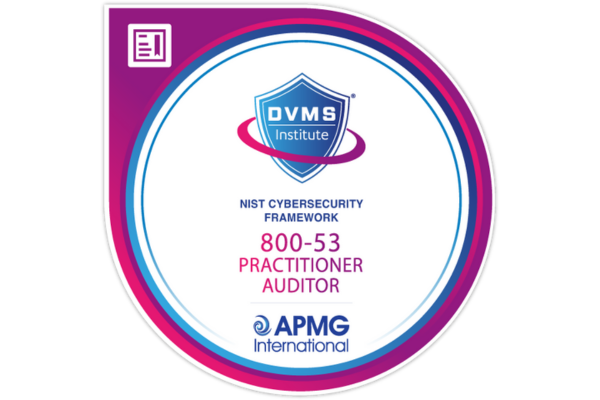
NIST Cybersecurity Framework 800-53 Practitioner Course & Examination
This 5-day instructor-led course NIST Cybersecurity Framework 800-53 Practitioner course is accredited through APMG International and leads to the 800-53 Practitioner certification.
Our NIST course is held in our virtual classroom with our expert instructor, join and network with your peers anywhere with an internet connection.
Following on from the learning secured during the NIST Foundation certification course, the NIST 800-53 Practitioner certification outlines current Cyber Security challenges and explains how organisations who operationalise a NIST-CSF program across an enterprise and its supply chain can mitigate these challenges, using the NIST 800-53 standard as an informative reference.
The NIST Cyber Security Framework (NIST-CSF) provides a policy framework of computer security guidance for how organisations can assess and improve their ability to prevent, detect, and respond to cyber-attacks. It provides a high-level taxonomy of cybersecurity outcomes and a methodology to assess and manage those outcomes.
Course Overview
This NIST 800-53 Practitioner level course builds on knowledge secured during our NIST Foundation course and covers the following topics:
Course introduction
The Threat Landscape
- Digital business threats
- Thinking like a threat actor
The Cyber Resilient Organisation
- Business strategy and risk
- Identify, Protect, Detect, Respond and Recover
Organisational Capability
- Governance and assurance
- Planning
- Design (people, process, technology, culture)
- Change Management
- Operate and execute
- Innovation
Organisational Innovation
- Adopt and adapt
- Protection of business value
- A FastTrack approach to continual improvement
NIST 800-53 Controls
- Gap analysis
- Control groups
- Alignment of control groups to organisational capabilities
- Governance and assurance
- Planning
- Design (people, process, technology, culture)
- Change Management
- Operate and execute
- Innovation
Cybersecurity Risk Management
- 800-53 control implementation
- 800-53 control audit
Assurance
- Cybersecurity risk management capability
A Scalable Solution
- From single to more complex
- Alignment of strategy-risk
Course closure
Learning Outcomes
This course will empower candidates with the following learning outcomes:
- Understand and describe how an organisation can approach the adoption and adaption of the NIST-CSF
- Understand and describe how to implement cyber security controls using an incremental improvement approach, using the NIST 800-53 Standard as an informative reference.
- Understand and describe how to create, protect and deliver digital business value.
Who should attend
For IT, Business and Cyber Security professionals who will play an active or passive role in engineering, operationalising and continually improving an organisations NIST-CSF programme and those looking for a baseline knowledge of the NIST-CSF who are considering a career in cybersecurity.
Prerequisites
Students must have attended and completed the NIST Cybersecurity Framework Foundation Certificate, which is a pre-requisite for acceptance on the Practitioner level course.
Exam & Certification
This course prepares you for the open-book exam leading to the 800-53 Practitioner Certification. This exam is administered by APMG International.
- DVMS Institute - NIST Cybersecurity Framework – Implementer exam evaluates one’s knowledge of operationalising a NIST Cybersecurity Framework program that is fit for use within an organisation and is in alignment with organisational strategic policies.
- DVMS Institute - NIST Cybersecurity Framework – Auditor exam evaluates one’s knowledge of ensuring that a NIST Cybersecurity Framework program delivers the desired business and regulatory outcomes expected by executive leadership and government regulators.
-
Exam Format:
- 65 multiple choice questions per exam
- 150-minute exam
- Pass Mark – 50% (33 marks)
- Open book
- Paper based and online exams available
Course Material & Inclusions
Material for this course will only be provided by TSO (The Stationary Office) and can be viewed on a variety of devices.
NIST Cybersecurity 800-53 Practitioner online exam voucher from APMG International. Provided as an online exam voucher to complete your exam after the course at a time that suits you. Students can choose between the Implementer or Auditor exam pathway and the relevant exam voucher will be provided.
A digital badge you can share with your network of your course achievement will be provided via email upon passing your certification exam.
SFIA Skills & Industry Accreditation
Accredited through APMG International, certified by the National Cybersecurity Centre (NCSC) in the UK, and recognised by the US Department of Homeland Security Cybersecurity CISA organisation as qualified NIST Cybersecurity Framework training in alignment with the cybersecurity roles defined in the NICE Cybersecurity Workforce Framework.
Candidates who attend and complete the NIST Foundation Certificate course are eligible to sit the associated APMG certification exam along with applying for CPE, PDU and CEU continuing education credits from PMI, ISACA, CompTIA and other professional certification bodies.
This course enables participants to develop their knowledge and proficiency in the following Skills Framework for the Information Age (SFIA®) professional skills:
- METL: Methods and tools
- BURM: Risk Management
- SCTY: Information Security
- SCAD: Security Operations
- CORE: Conformance Review
- DGFS: Digital Forensics
This list gives the core SFIA skills covered by the course. Elements relevant to other SFIA skills may also be included to a lesser depth. Proficiency in a SFIA skill is measured by performance assessment and is achieved through actual substantial use of that skill in a real-world situation over some time. In course assignments and exercises undertaken through a course can demonstrate elements of the relevant skills which can then be further developed back in the workplace. Acquiring new skills and building on existing skills, ideally occurs within the context of an agreed development plan for each person that ensures that their personal circumstances, strengths and development needs are met.
Recent customers





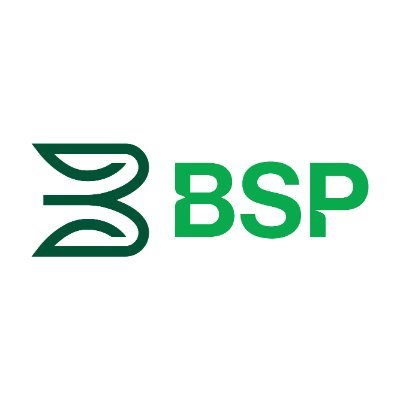
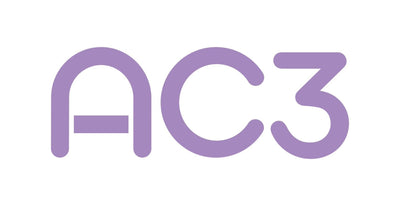





An amazing instructor who explained the content very clearly and at a very good pace. This was a good balance and approach. I found the worked examples very practical and very relatable to the Defence industry sector I work in.
Really good facilitation, kept me interested and shared so many practical applications.
Gave me a better understanding of concepts, theories and tools to formalise and improve my current relationship management.
The instructor was very professional and was able to explain each area thoroughly and is available for Q&A.
Learnt a lot that we can implement or improve on in our organisation. The presenter was clear, precise and could relate difficult concepts into language and scenarios we could relate to. Everyone came away from the course feeling that had learnt something valuable.
Catholic Education, Brisbane
The examples provided by the instructor as we were covering of material, made everything make sense. This helped during the exam. Pat was fantastic and engaging. Kept everyone on their toes and ensured he took the time to explain anything we were not clear on.
BAI Communications
The instructor was great and very interactive. He made sure we understood the material and gave ample opportunity for us to ask questions. He provided great examples which tied everything in.
You may also like
Back to NIST course





